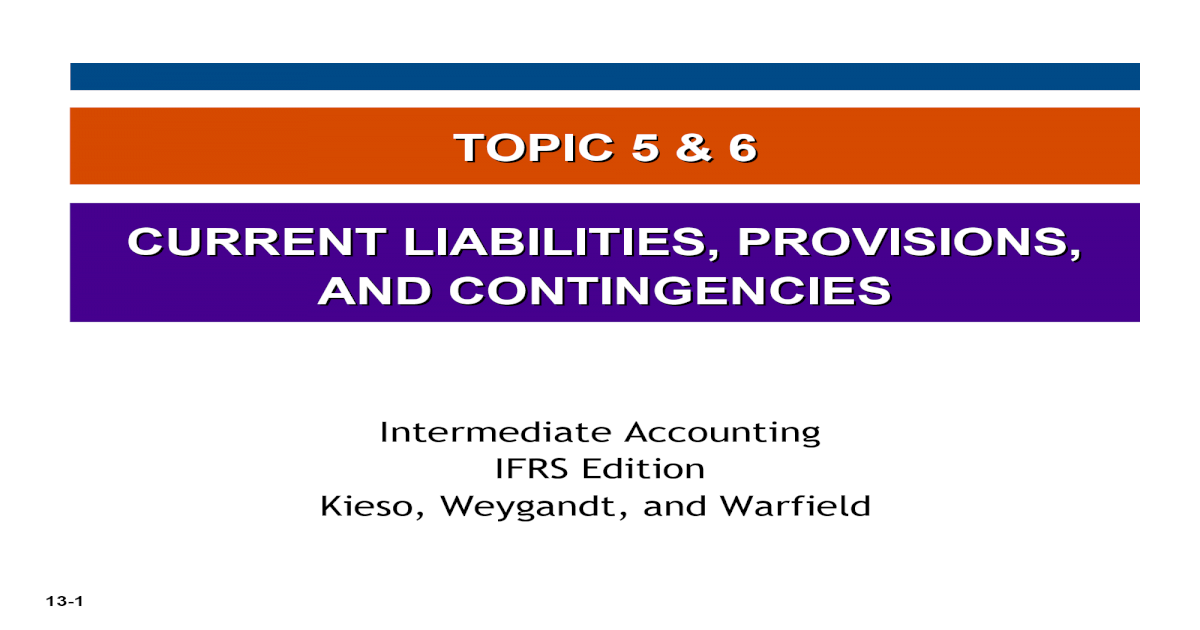Introduction
Imagine you’re planning an exotic adventure to a far-off land. You’ve meticulously saved, researched the perfect destination, and packed your bags with anticipation. As you eagerly board the plane, a sudden realization dawns upon you: you’ll need to exchange your hard-earned currency for the local tender. It’s a simple transaction, you think, but what you don’t realize is that hidden beneath the surface lie potential service charges that can eat into your travel budget. Like a lurking thief, these charges patiently await their opportunity to pilfer your hard-earned funds.

Image: www.wikifx.com
In the complex world of foreign exchange (forex) transactions, service charges often go unnoticed, leaving travelers bewildered and financially drained. They can sneakily inflate the cost of your purchases, hotel bookings, and day-to-day expenses, turning your dream vacation into a monetary nightmare. It’s an unfair and unnecessary burden that can rob you of precious memories and experiences. But fear not, for knowledge is the key to combating this hidden adversary. Join us as we delve into the world of forex service charges, empowering you with the tools to protect your financial well-being and make informed decisions during your global adventures.
Service Charges: Demystifying the Hidden Costs of Forex Transactions
Service charges are fees levied by banks, currency exchange bureaus, and other financial institutions for facilitating the conversion of one currency to another. These charges vary widely depending on the institution, the amount being exchanged, and the currency pair involved. Unfortunately, service charges are not always transparently disclosed, and they can add up quickly, significantly affecting your travel budget.
It’s essential to understand the different types of service charges you may encounter:
– Flat Fee:
A fixed amount charged regardless of the transaction value. This type of charge is often associated with small currency exchanges and may be more cost-effective for low-value transactions.
– Percentage Fee:
A variable charge calculated as a percentage of the transaction value. This type of charge is common with larger currency exchanges and credit card transactions.

Image: www.servicioscentralizados.es
– Spread:
The difference between the buying and selling rates offered by financial institutions. Spreads can vary depending on market conditions and the institution’s overhead costs.
Understanding these service charges is crucial to avoiding unpleasant surprises. Before exchanging currency, always inquire about any applicable fees to make an informed decision. Don’t hesitate to compare rates and fees between different institutions to secure the most favorable exchange rate and minimize your financial burden.
Unmasking the Tricks of the Trade: How to Avoid Exorbitant Service Charges
Now that you’re aware of the potential service charges lurking in the shadows, let’s arm ourselves with strategies to shield our finances from their clutches:
– Be Vigilant:
Always ask about service charges before initiating a currency exchange. Don’t assume that the given rate is the final cost. Request a detailed breakdown of all applicable fees to avoid unexpected expenses.
– Compare, Contrast, and Choose:
Take the time to compare rates and fees from multiple financial institutions. Online comparison tools can help you find the most competitive deals. Remember, a few minutes of research can save you a significant amount of money.
– Embrace Technology:
Consider using online currency exchange platforms or prepaid travel cards. These services often offer competitive rates and transparent fee structures, potentially saving you substantial amounts.
– Cash Wisely:
If possible, exchange larger sums of money to avoid multiple transactions and minimize service charges. Carrying excessive cash may not be ideal, but it can save you money in the long run.
– Know When to Swipe (or Not):
Credit cards often charge higher transaction fees for foreign currency purchases. Weigh the convenience of using your credit card against the potential fees before making a decision.
Seeking Expert Advice: The Benefits of Professional Guidance
Navigating the complexities of forex transactions can be challenging, especially when faced with unfamiliar currencies and fluctuating exchange rates. Seeking professional guidance can provide you with peace of mind and ensure that you’re making informed decisions. Consider the following benefits of consulting a financial expert:
– Personalized Guidance:
Receive tailored advice based on your specific needs, travel plans, and financial situation. Experts can help you understand the best strategies for minimizing service charges and maximizing your exchange rates.
– Access to Exclusive Rates:
Financial experts often have access to exclusive rates not available to the general public. This can potentially save you significant amounts of money on your currency exchanges.
– Expert Knowledge:
Stay informed about the latest currency trends and market conditions. Experts can provide valuable insights to help you make smart decisions and avoid costly mistakes.
Service Charges On Forex Transactions
Join the Savvy Travelers’ Club: Protect Your Finances, Enhance Your Adventures
By understanding service charges and implementing smart strategies, you’ve taken a pivotal step towards becoming a savvy traveler and safeguarding your financial well-being. Remember, every dollar saved is a dollar earned, and the memories created during your adventure are priceless. Embrace the knowledge you’ve gained and use it to navigate the world of forex transactions with confidence.
Bon Voyage, fellow travelers! May your financial journeys be fruitful, and your adventures filled with unforgettable moments, not costly surprises.






